Sometime in 2009, we were driving through rural Maharashtra searching for a location for a film shoot. Near Satara, along an unknown hill road, we noticed large patches full of yellow wildflowers. Pleasantly surprised by this phenomenon, we took photographs and moved on. Around 3/4 years later we learnt the location was Kaas Plateau and in 2010 UNESCO granted it the protected status of World Heritage Site. We had chanced upon the Kaas Plateau Valley of Flowers (also known as Kas Pathar)!
For many years after that, our hearts yearned to go back. We saw people posting images of gorgeous flowers from Kaas Plateau, and now that we were more aware of its significance we definitely wanted to visit properly. But for some reason, the last week of monsoons, which is the best time to visit Kaas Plateau, is also a super busy time for us. However in 2019, we decided to make a short two day trip. Two days because Kaas is best visited early morning and we need at least 7 hours to travel from Mumbai. So you need one day to reach, visit Kaas the next morning then return by night.
So off we drove towards Satara. The rains were very heavy in 2019 and we were hearing of cases of very heavy rains around Pune. But we drove on and reached near Kaas Plateau by the evening. Enroute, we had booked a place in a village next to the beautiful river Urmodi. (Not mentioning the place, because even though it was beautiful, it had very mouldy walls, leading to a massive allergy attack).
I must mention at this point, to visit Kaas Plateau one has to make an advance booking online from this official Kaas Plateau website, for Rs 100 per head. The good thing about this is they have limited the total number of daily visitors to 3000. There are three time slots : 7-11AM, 11AM-3PM, 3-6PM. We feel the first and last slots are best for light.
We got late in the morning so booked the 11-3 slot and realised it was a mistake. It is very, very hot up there in the Kaas Plateau. And its a vast area you have to walk in the top sun, plus it’s also a crowded slot. So note to self: morning or evening slot next time.
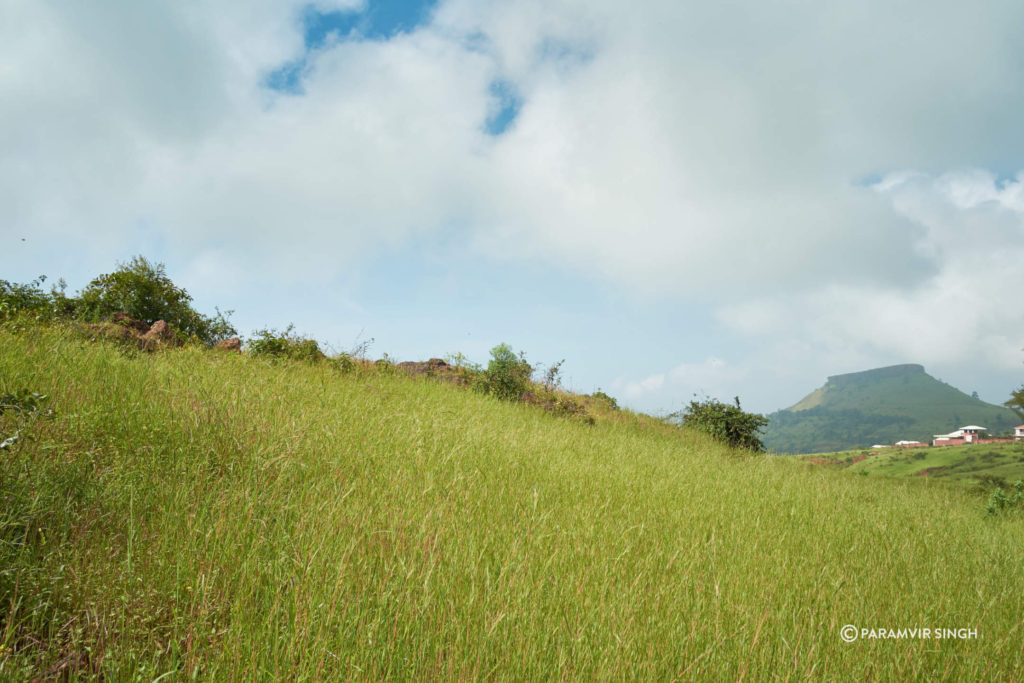
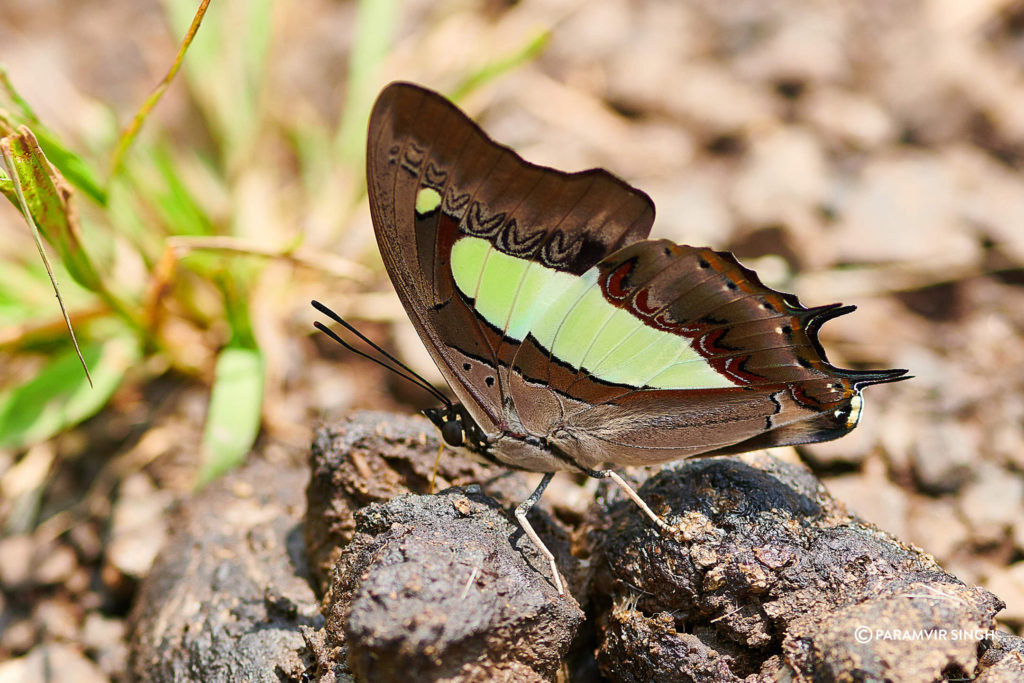
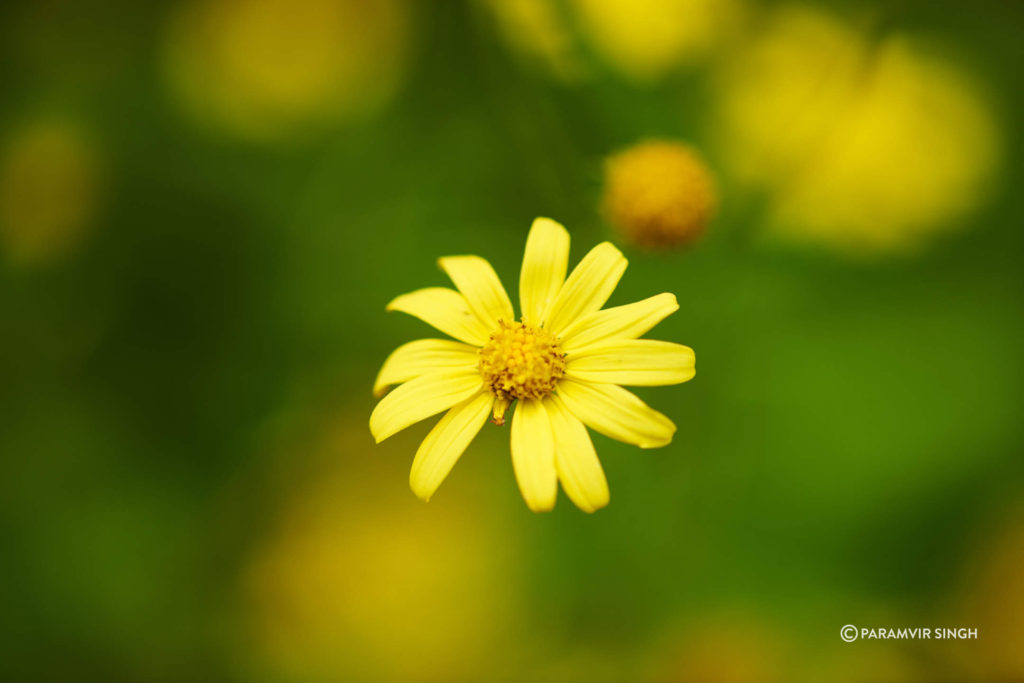
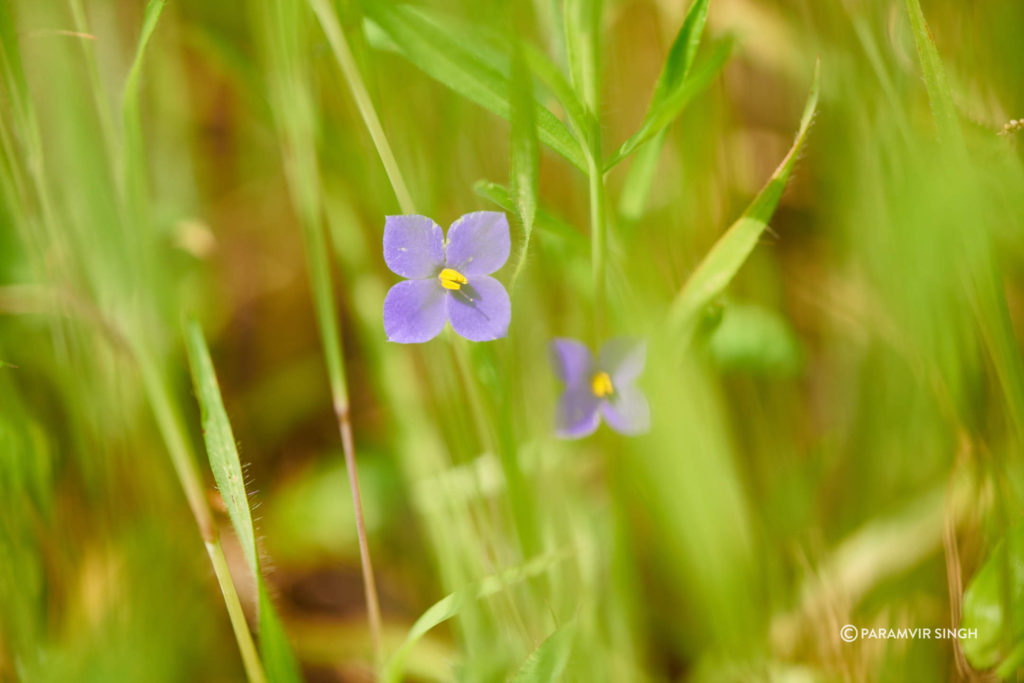
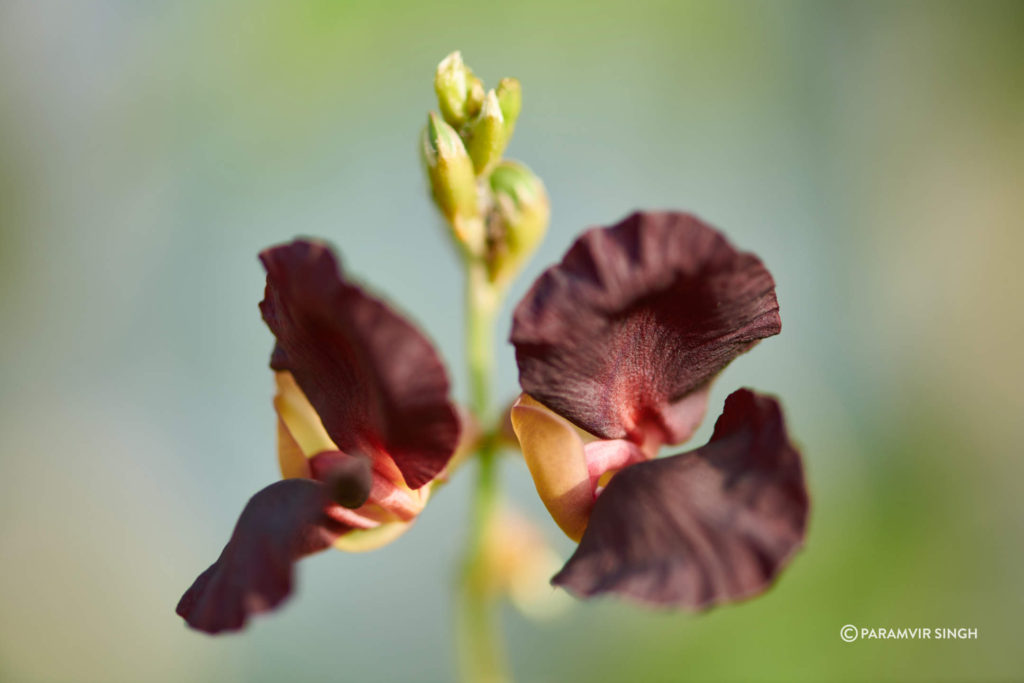
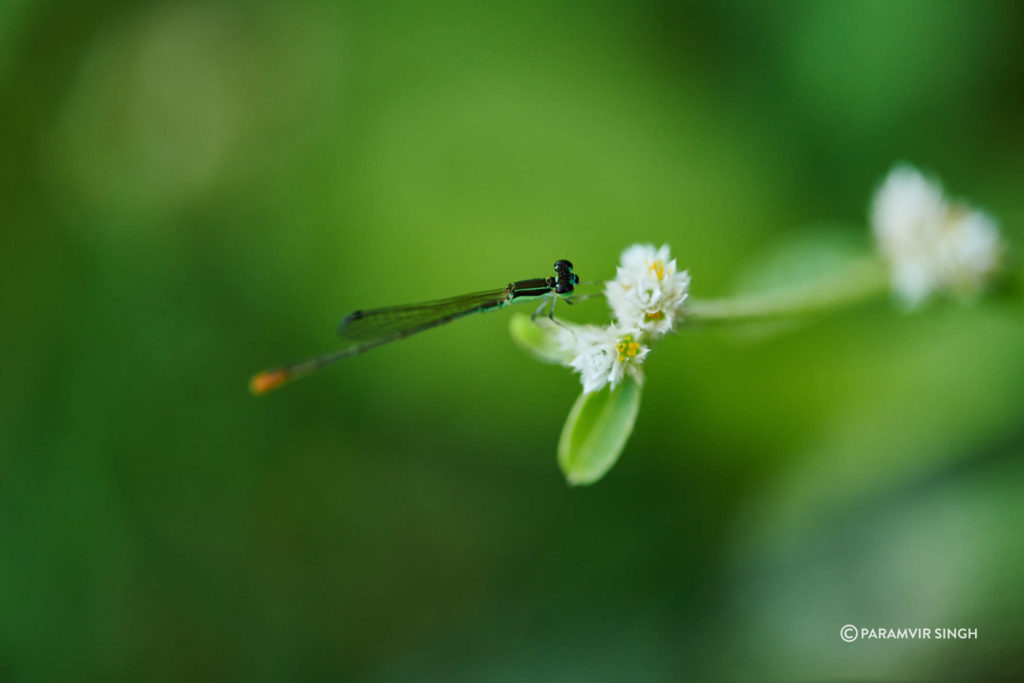
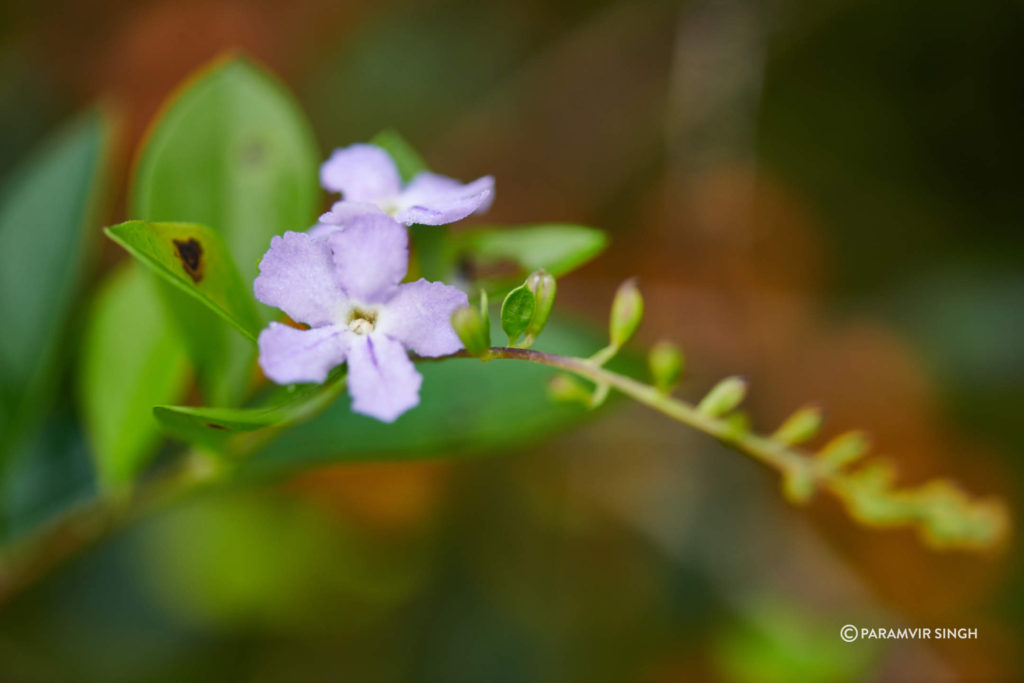
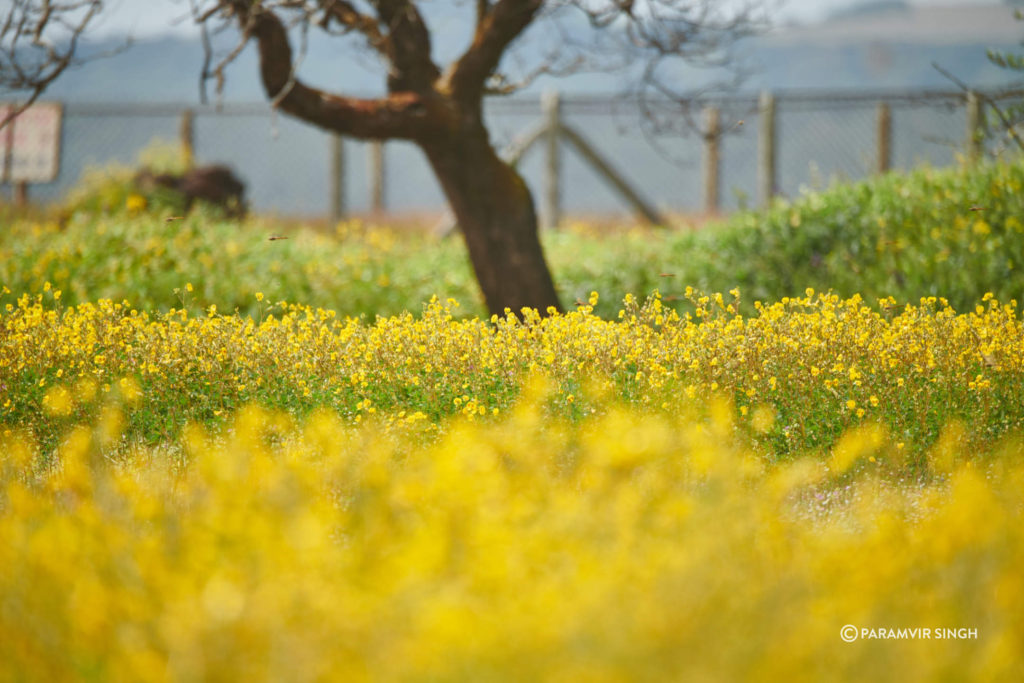
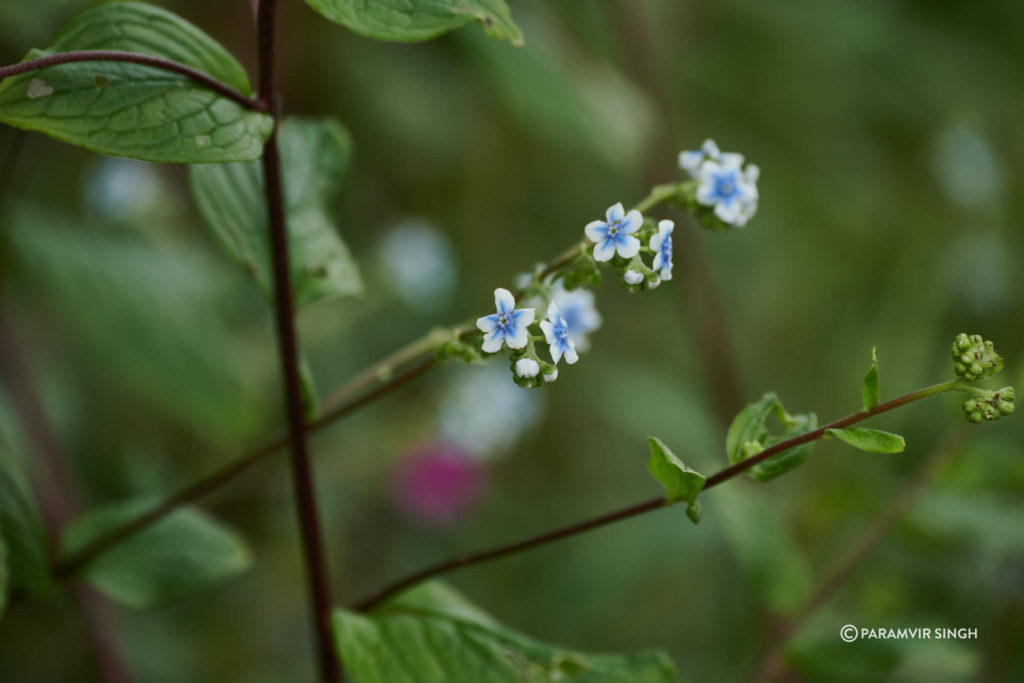
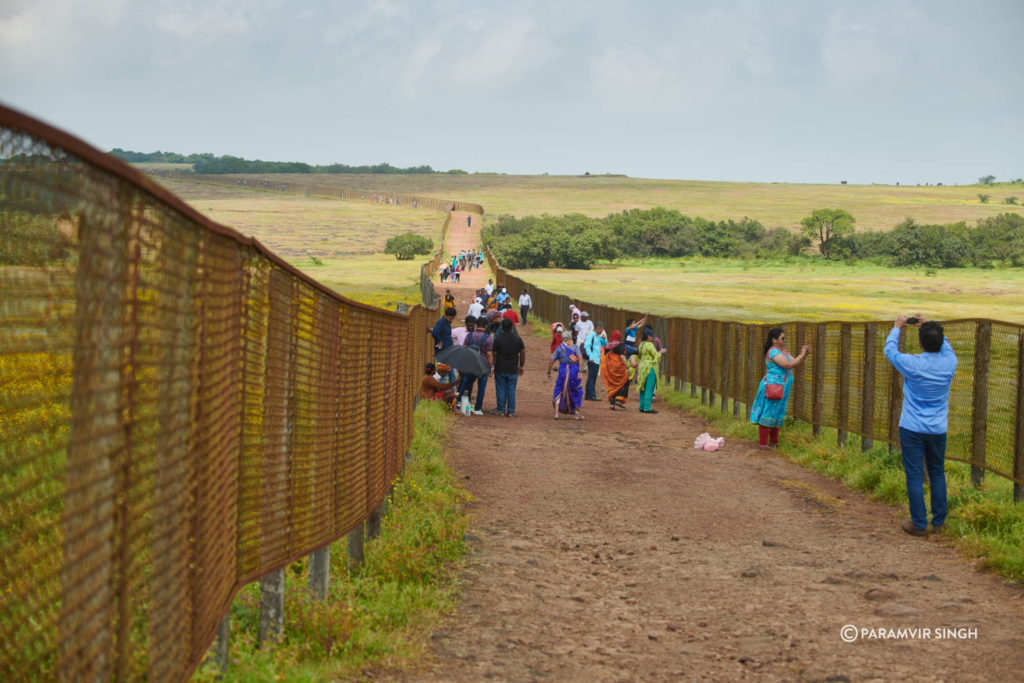
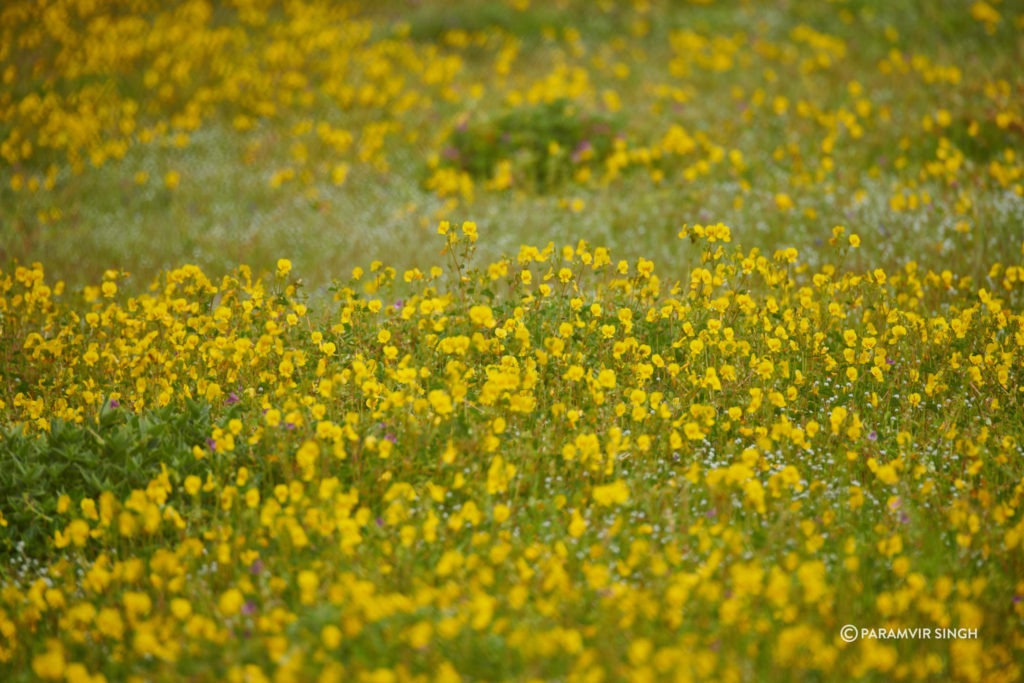
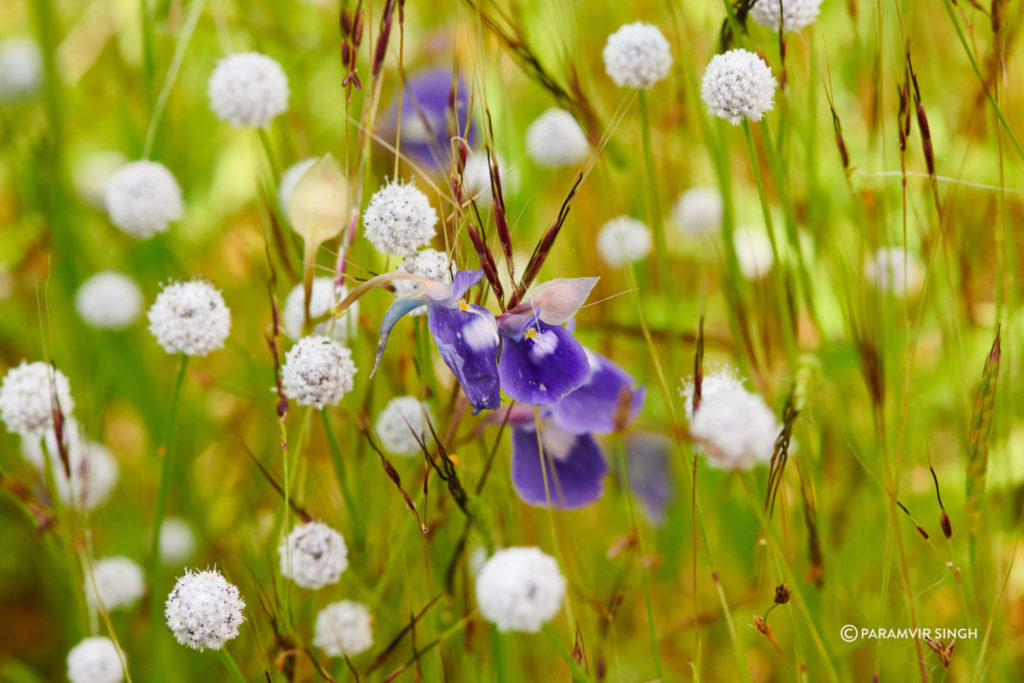
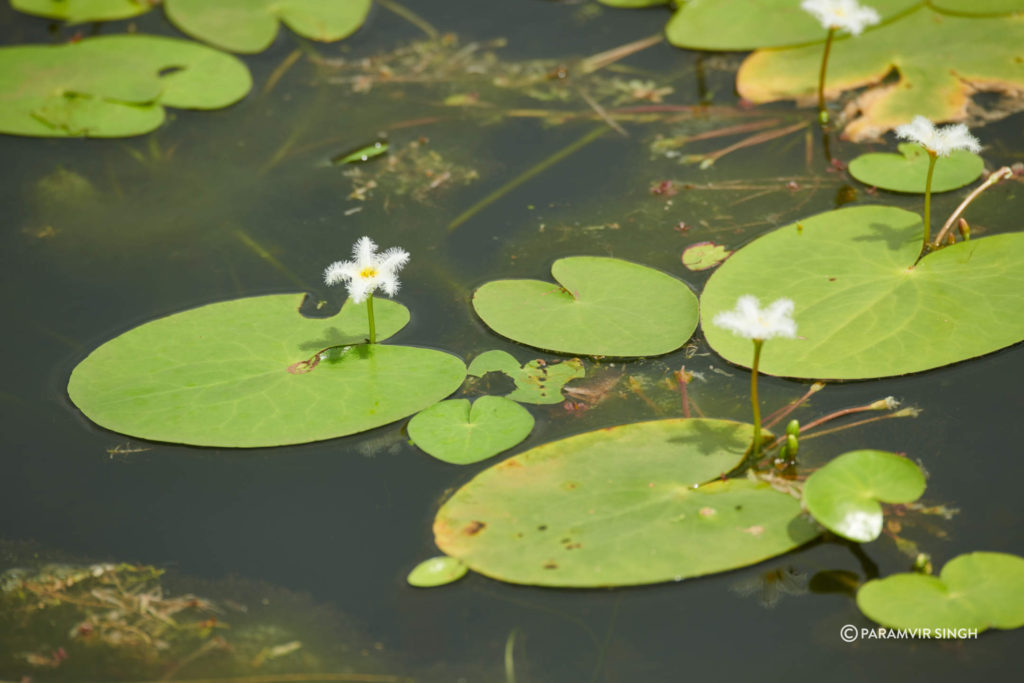
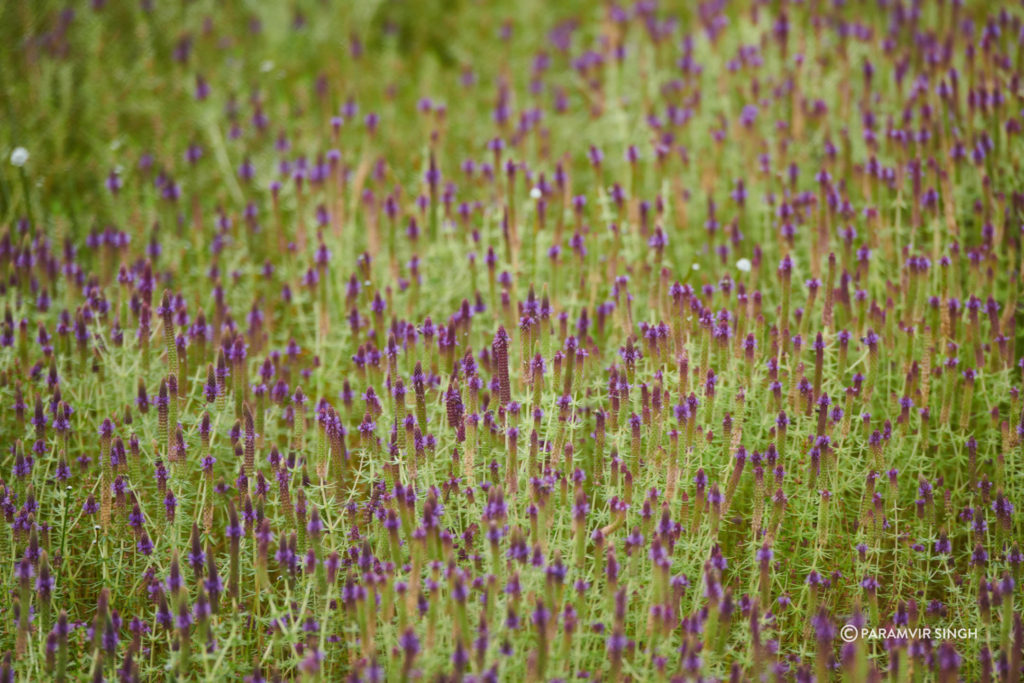
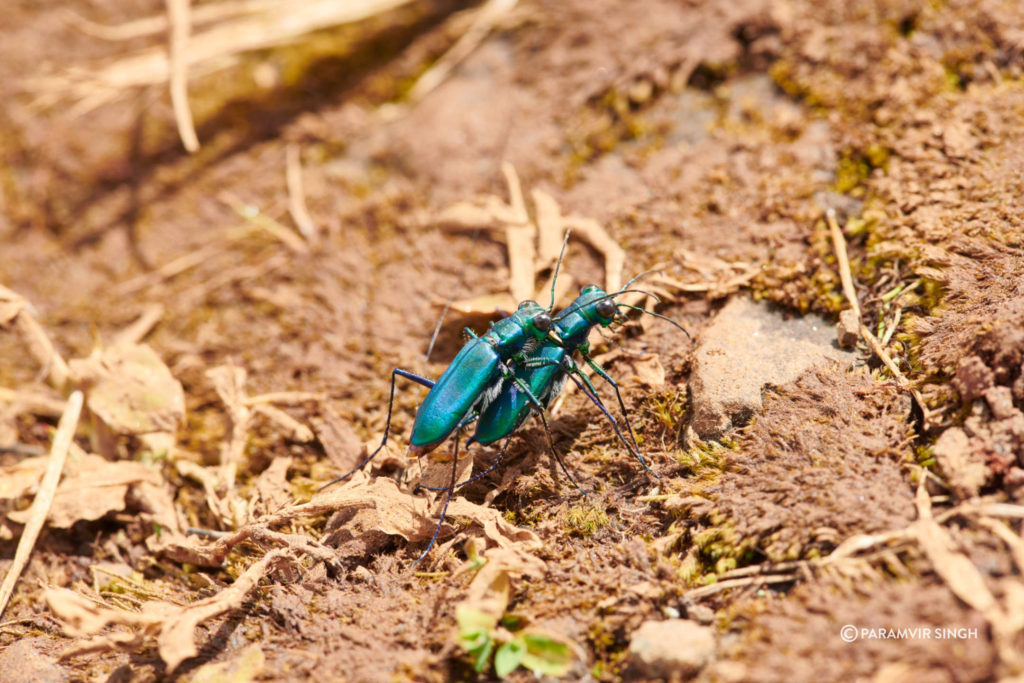
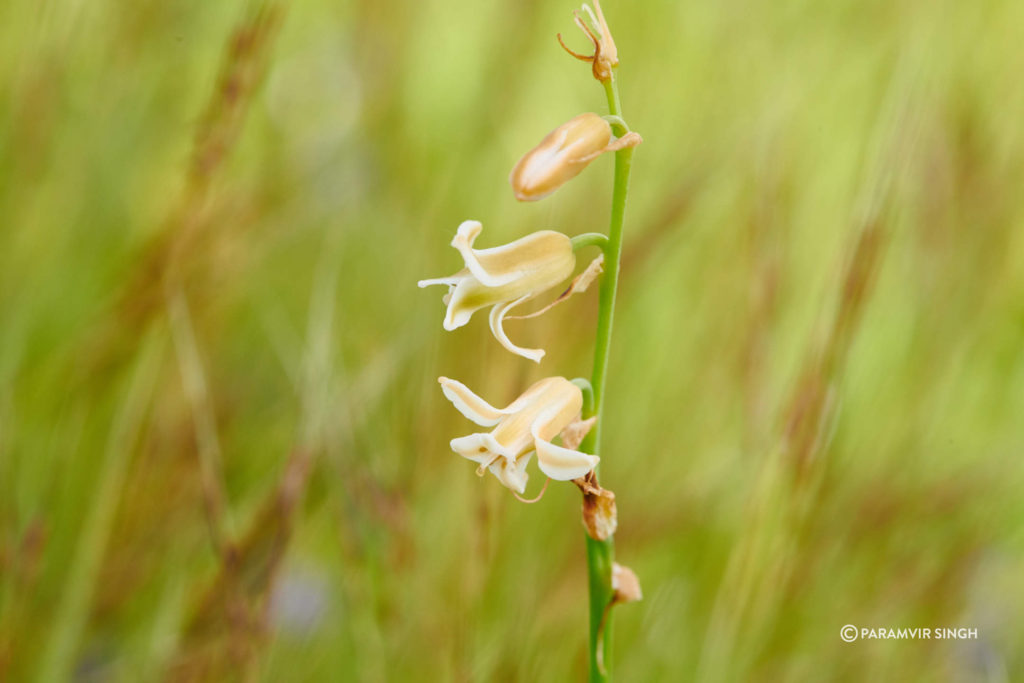
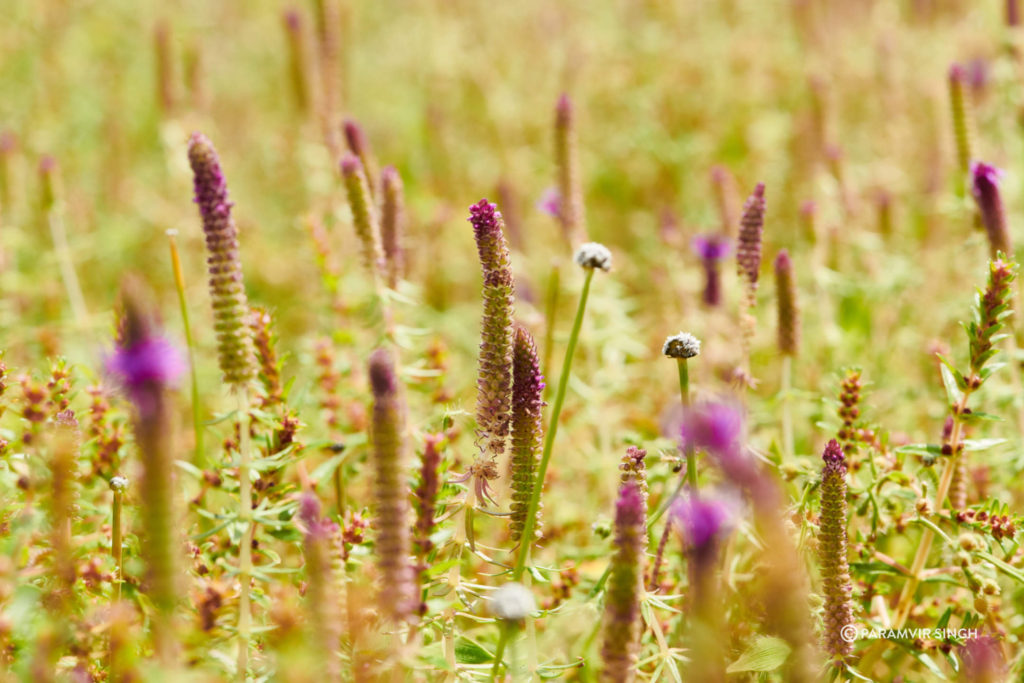
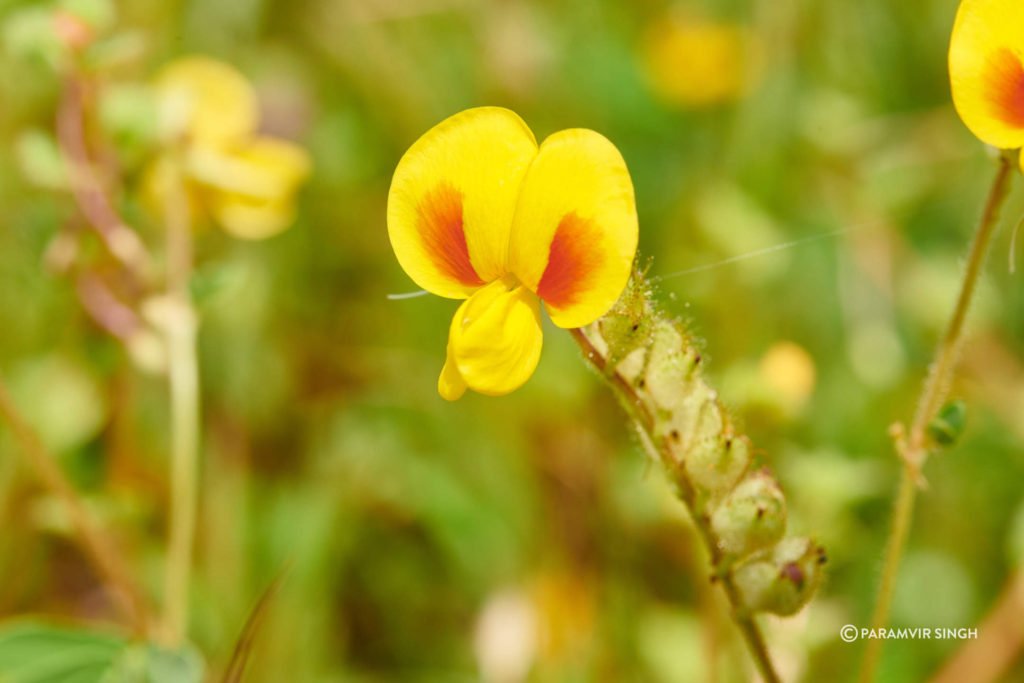
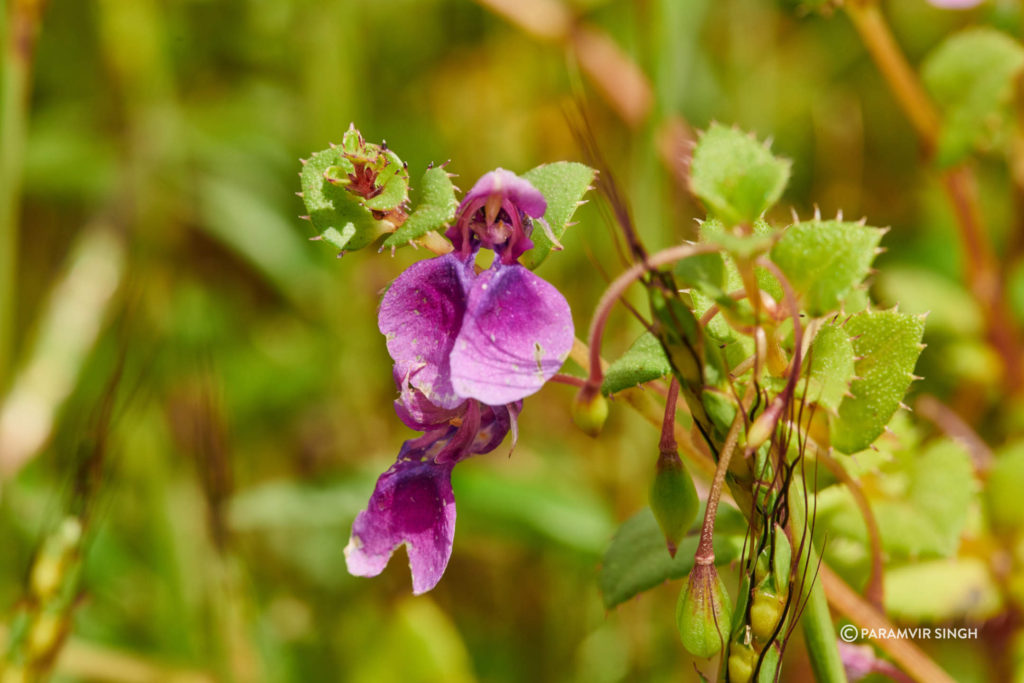
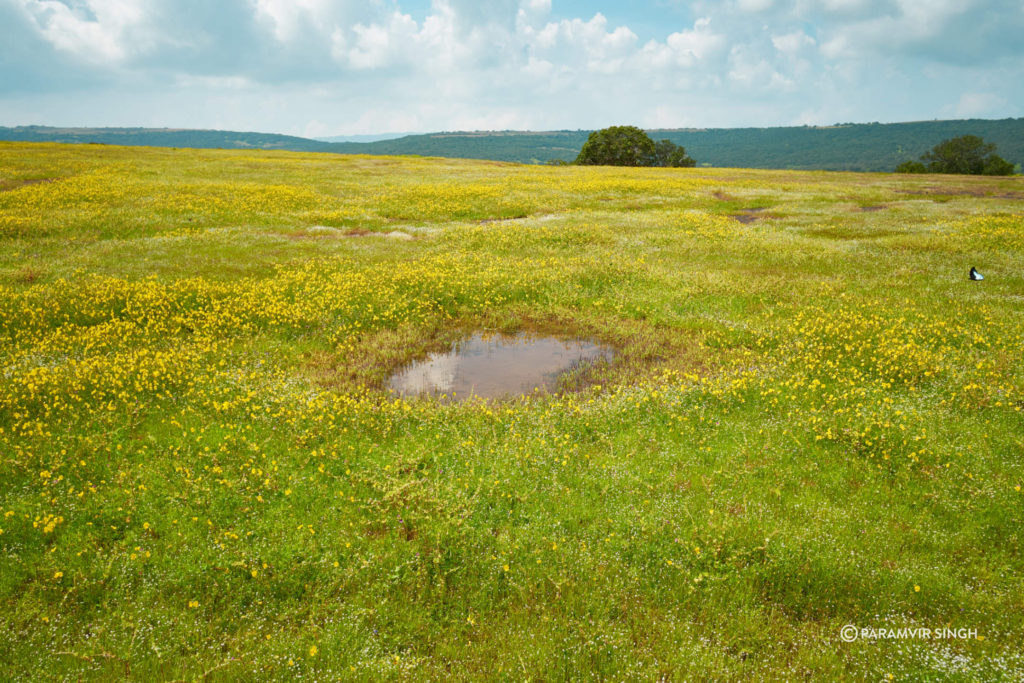
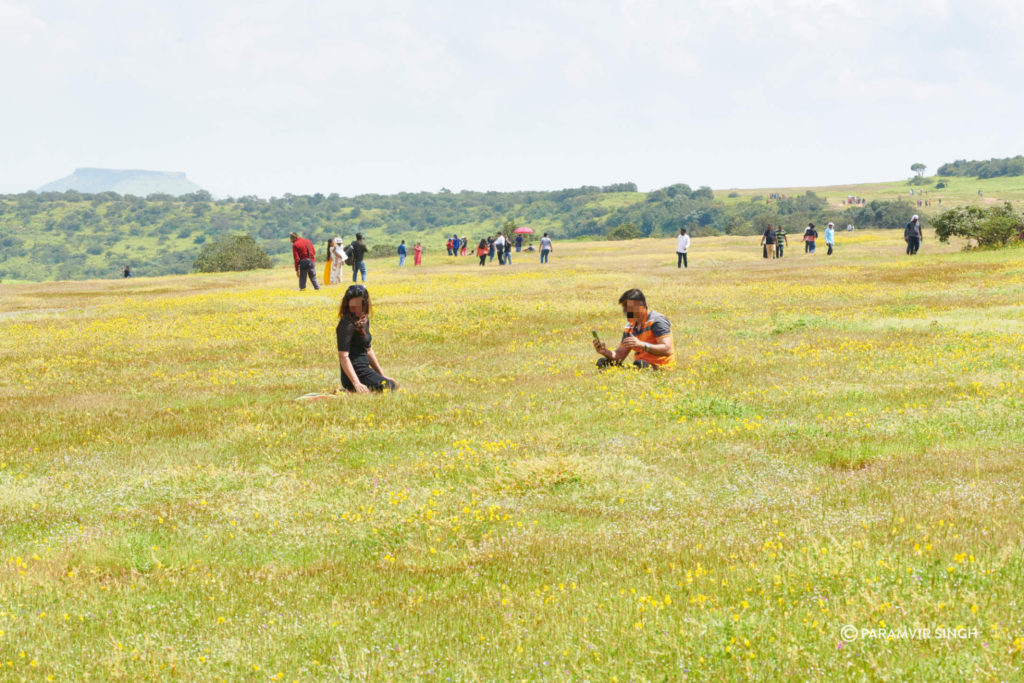
What is the best time to visit Kaas Plateau : Valley of Flowers?
Most of the flowers at Kaas are annuals and bloom in the monsoons, when abundant rain falls here. The best time to visit is just as the monsoons are getting over, which is August and September (make sure the Corona Virus Lockdown is over). Almost every week during this time, different species of plants bloom. Summers are very hot and dry, and winters, cold and dry. There is a thin layer of soil over the rocky lateritic rock formed from ancient volcanic eruptions. The vast difference in seasons creates a unique ecology here. Make your bookings from this official website before you leave home since only limited tickets are available and it soon gets sold out.
Be a responsible traveller. Since the sun is very hot in Kaas Plateau remember to carry a sun cap. Since it is a very delicate ecosystem, do not step on the plants, do not pluck the flowers, do not try to bring any plants or other souvenirs home for your garden. (Your home garden will have its own natural species of flowers, you just have to discover them.)
Carry a refillable bottle of water per person so you avoid buying plastic bottles. Plenty of village ladies sell home made bhakris (jowar/bajra or rice flour rotis) with thechcha (traditional Maharashtrian chutney made with garlic and green chillies), consider buying those instead of plastic packet snacks. Or carry your own.
Kaas Plateau is a unique and rich biodiversity region. We must celebrate and protect it at all costs.

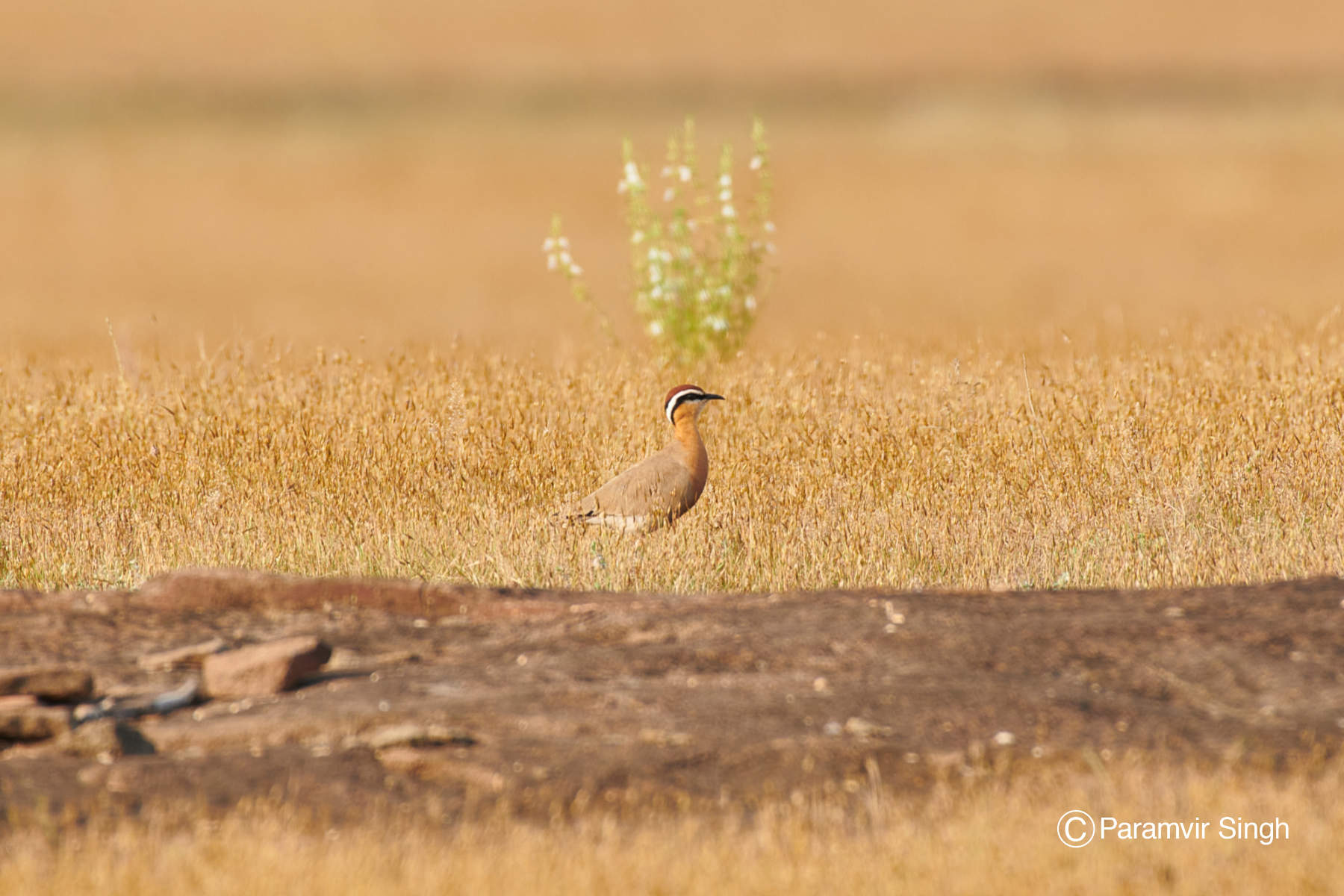

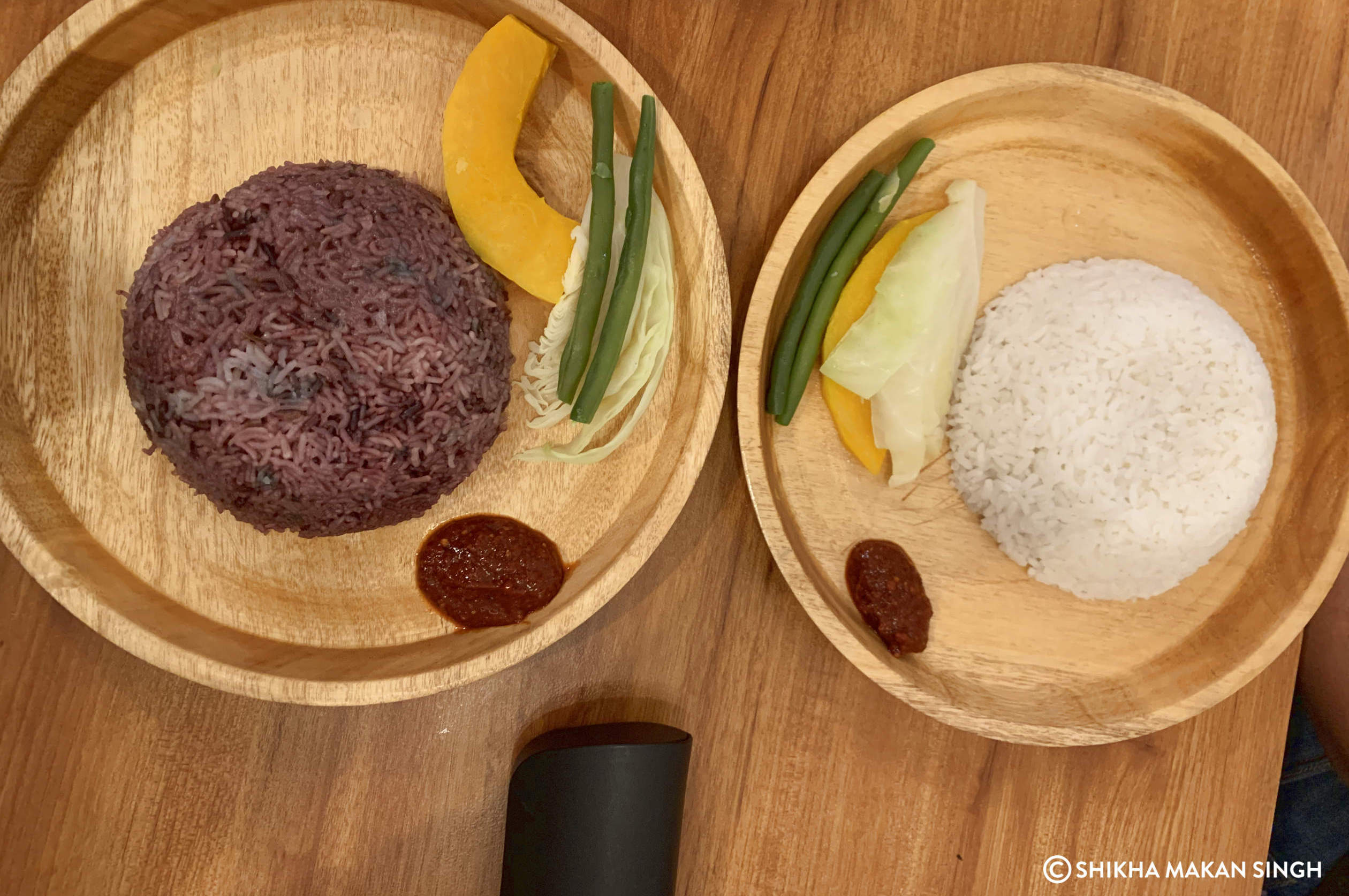
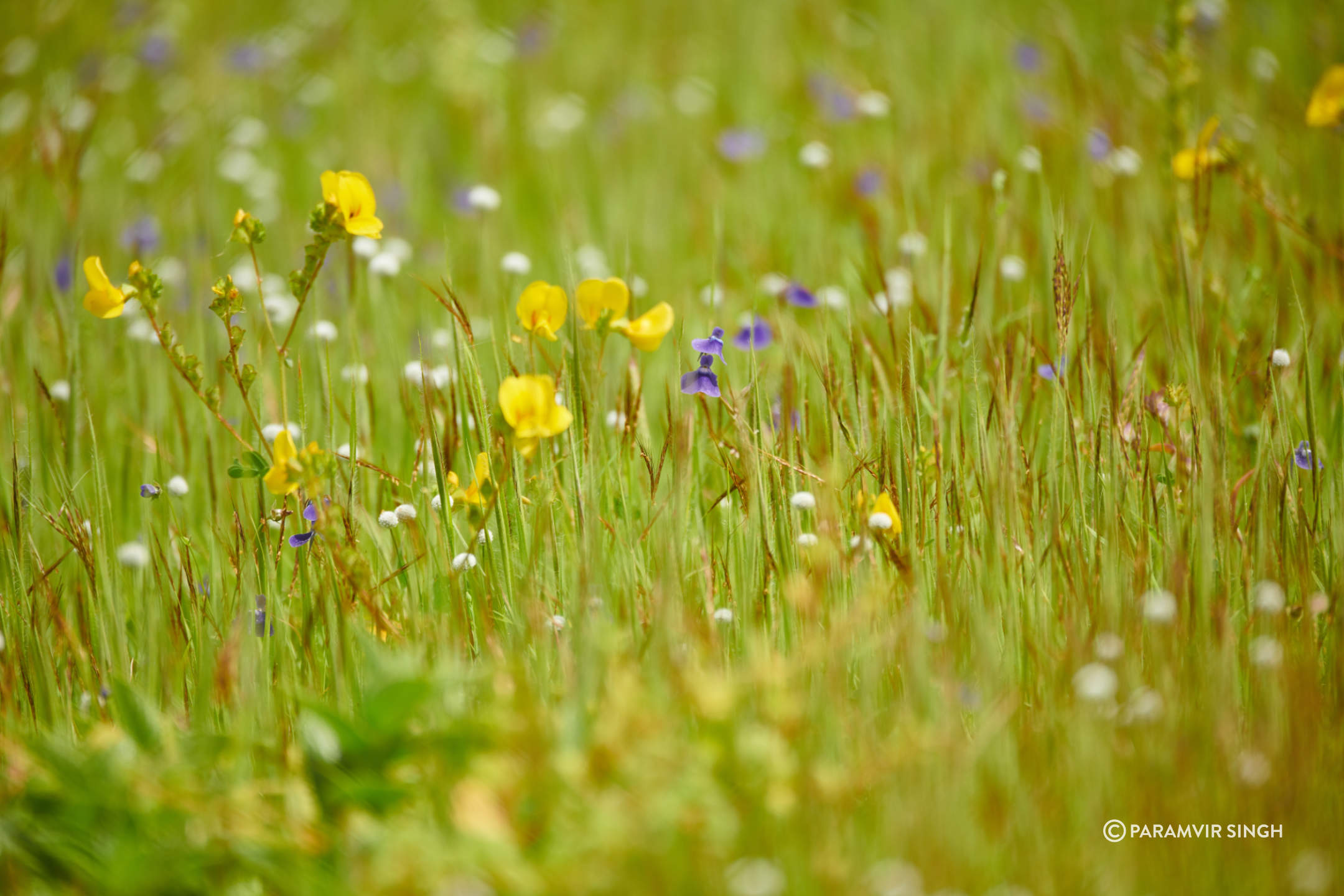

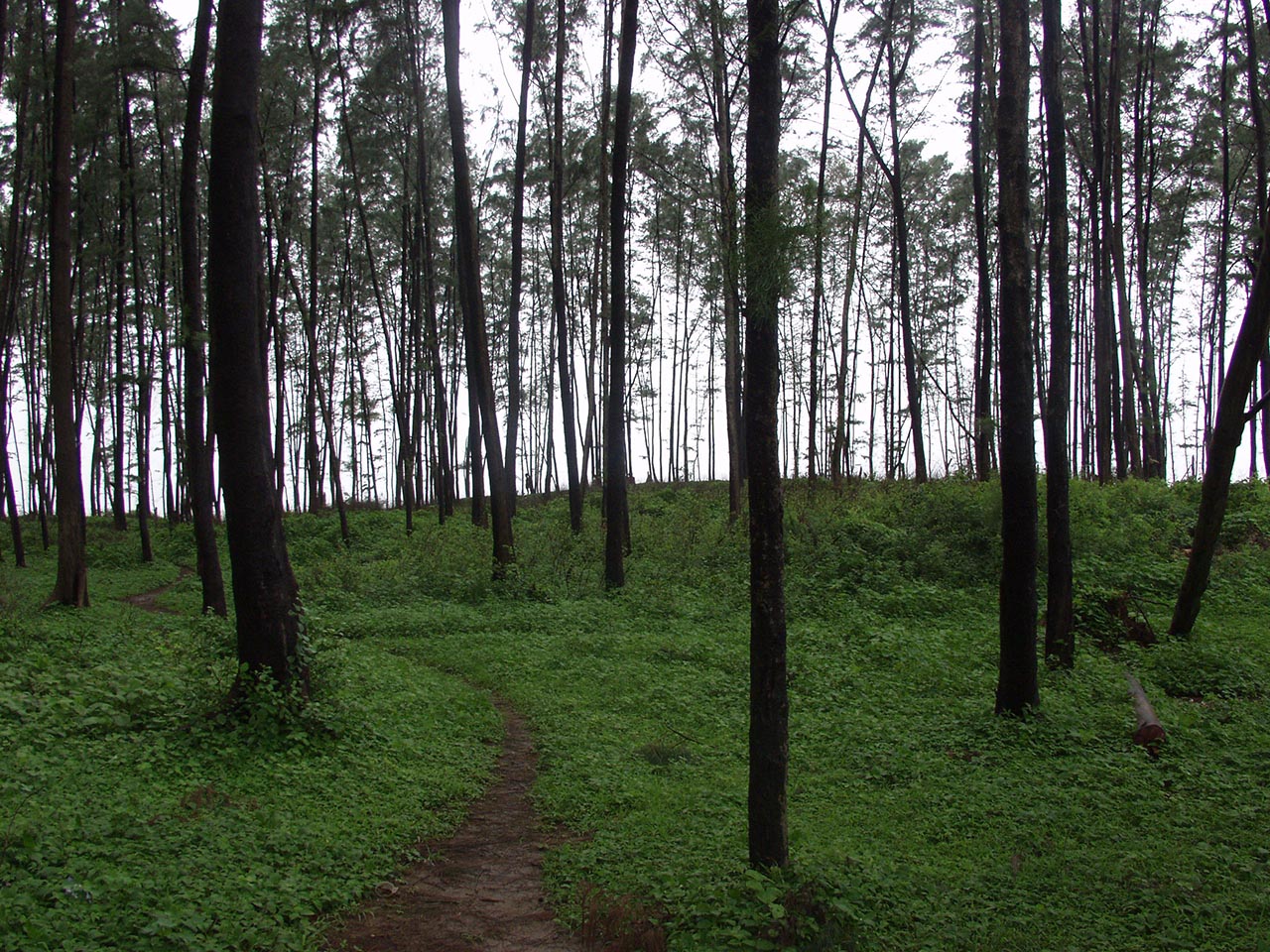
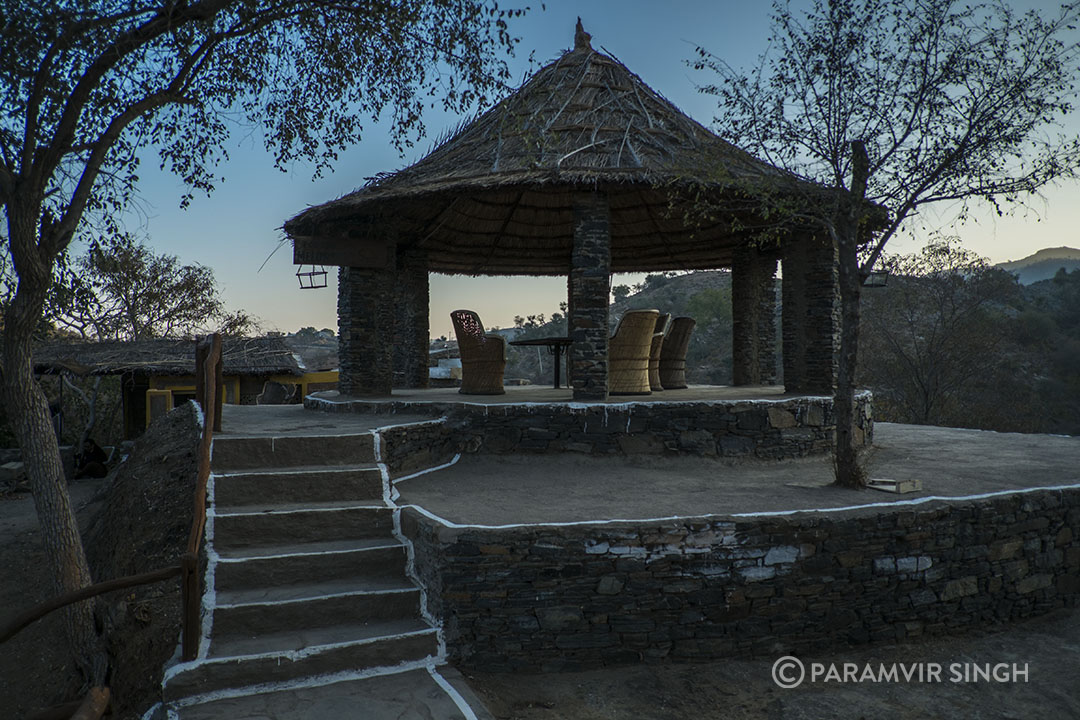
So pretty. And look at the variety of wildflowers. Lovely! I’m happy for you guys– happy that you got to go back and see all that beauty once again.
A few years back we’d made an attempt to see the Golden Poppies when we were in southern CA but that year was bad for the flowers. Last year, however, we squeezed in a trip. And luckily it was a super bloom year. Ah! those carpeted hills were such a beauty.
Isn’t it wonderful to be able to see such wonders of nature. I bet most of Earth was as beautiful, blooming into millions of flowers seasonally, with many, many species roaming around freely… until… homo sapiens…
We regret missing the Neelakurinji blossoms of the Western Ghats in 2018. Next bloom is in 2030 🙁
An out-of-the-ordinary kind of a place!
Yes, its beautiful How wonderful nature is…
Beautifully captured!
Had visited Kaas in 2013 and blogged about it at https://magictravels.blogspot.com/2013/09/kaas-plateau.html
Thankfully now the whole flower area is fenced off…
Lovely place really.
It is, isnt it?
Searching for wildflowers in Kaas Plateau was one of the memorable experiences we had in India. Being wildflower lovers , we had visited so many places in search of wildflowers and this is one of the best places in India. In South India during Kurinji bloom we went on a road trip to see the blooms in all the Western Ghats Hills. Here is a small glimpse on our wildflower collection https://roamingowls.com/beautiful-wildflowers/
Hey I would love to get to know more about your book on North American Wildflowers…
Wow! Such a mind blowing place this is.
Isn’t it awesome?
What a beautiful place this is. Surreal natural beauty.